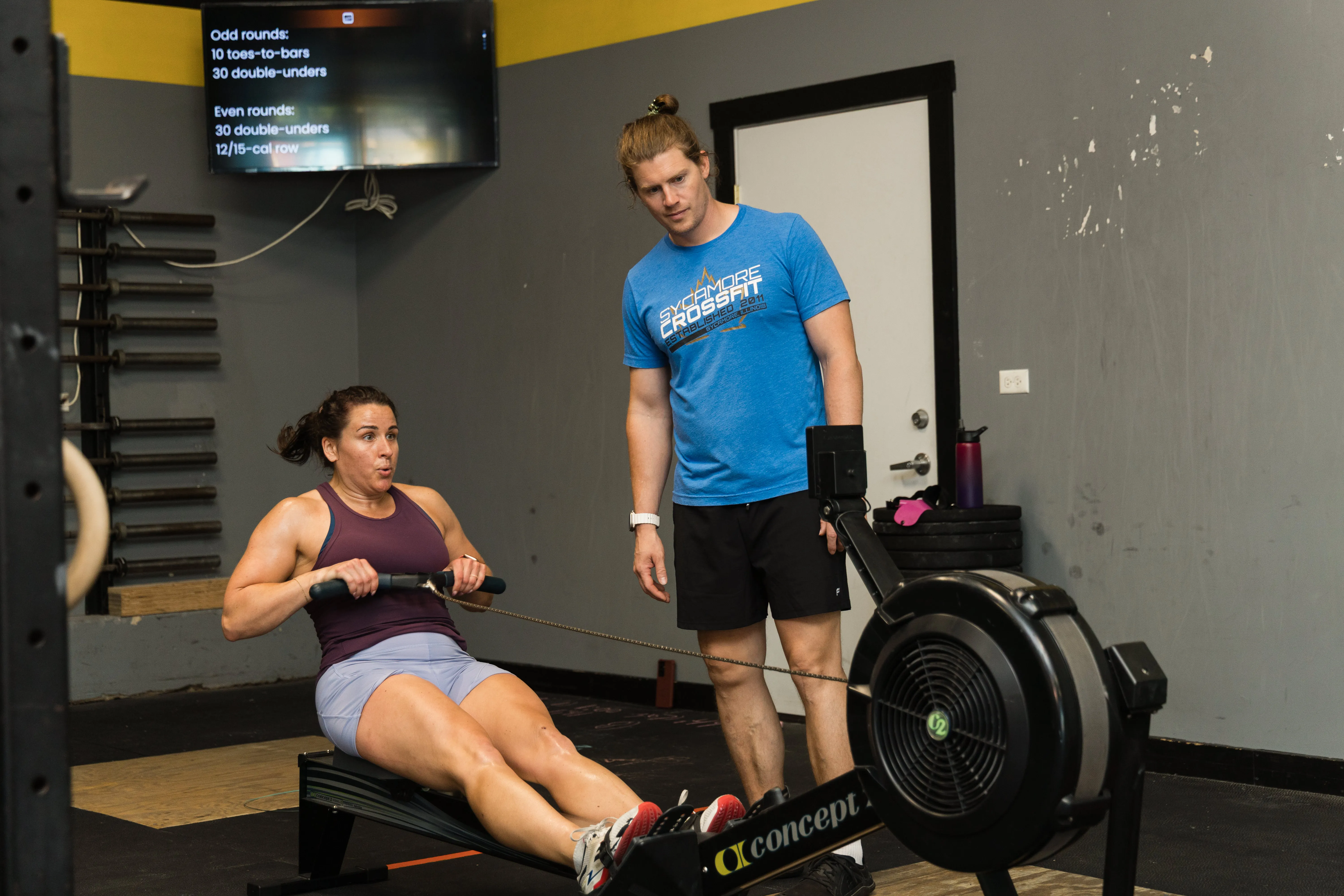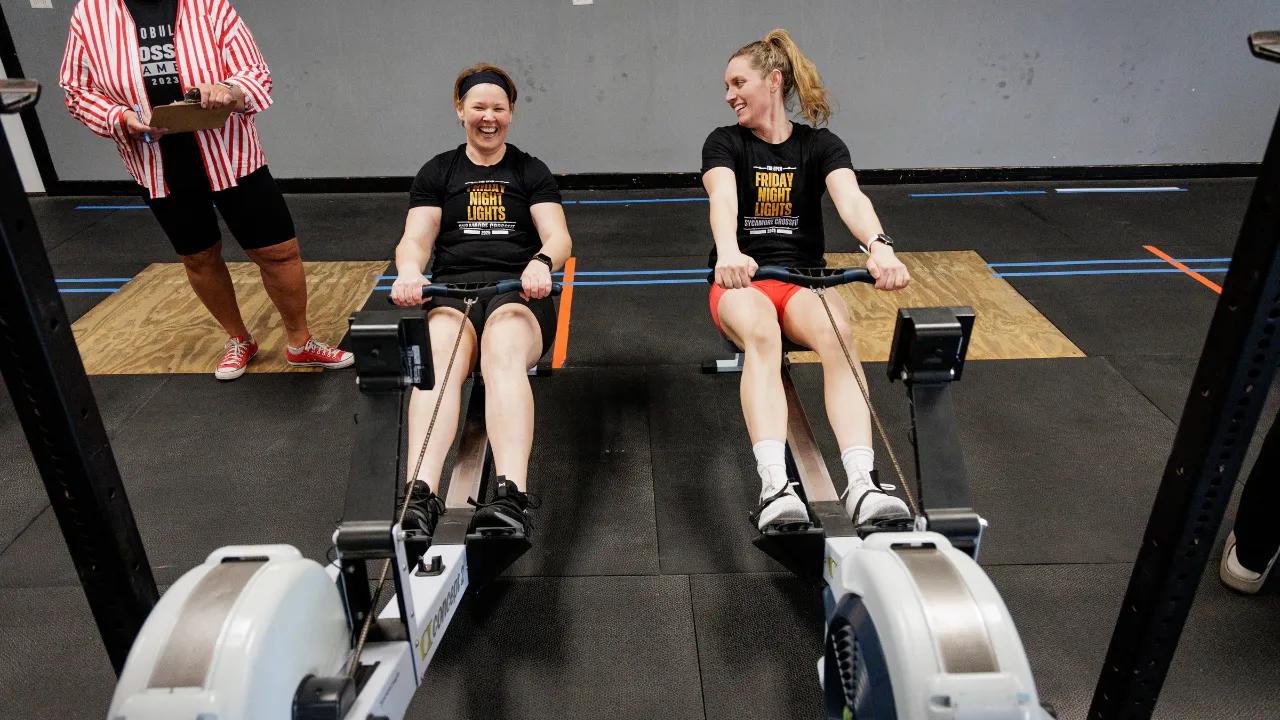By clicking “Accept All Cookies”, you agree to the storing of cookies on your device to enhance site navigation, analyze site usage, and assist in our marketing efforts. View our Privacy Policy for more information.
Should You Track Macros?
Wondering if you should track macros? Learn who benefits from macro tracking, who might not need it, and why Sycamore CrossFit uses a habits-based approach for long-term nutrition success.
By
July 31, 2025
.webp)
You’ve probably heard the phrase “tracking macros” tossed around by fitness professionals, influencers, or even fellow gym members—but what does it really mean, and is it something you should be doing?
Let’s break it down.
What Are Macros?
"Macros" is short for macronutrients—protein, carbohydrates, and fat. These are the three main nutrients your body needs in large amounts to function well.
- Protein helps build and repair muscle.
- Carbohydrates provide energy for your workouts and daily life.
- Fat supports hormones and overall cellular health.
When someone is “tracking macros,” they’re monitoring how much of each macronutrient they consume every day, often aiming for a specific ratio based on their goals (like fat loss, muscle gain, or performance improvement).
Who Should Track Macros?
Tracking macros can be an incredibly useful tool, especially if:
- You’ve hit a plateau with fat loss or muscle gain
- You want to improve performance in the gym
- You’ve made most of the changes you want to your eating habits and now want to fine-tune things
- You’re trying to gain weight or build muscle, where protein intake and calorie tracking become especially important
- You want a clearer understanding of your nutrition and how different foods impact your goals
It helps provide awareness and accountability. Many people are shocked to discover how little protein they’re getting or how much fat sneaks into their day.
Who Might Not Need to Track Macros?
While tracking can be powerful, it’s not for everyone:
- If you’re just starting your nutrition journey, tracking can feel overwhelming and make the process harder than it needs to be
- If you try to do too much too soon, it's more likely to become unsustainable—this is why we focus on a habits-based approach instead
- If you have a history of disordered eating, focusing heavily on numbers may be triggering
- If you already feel stressed or anxious around food, tracking could add unnecessary pressure
You can absolutely see progress without tracking macros. In fact, many people find that a focus on small, consistent habit changes leads to greater long-term success.
So... Should You Track Macros?
It depends on your goals, mindset, and where you are in your nutrition journey. Tracking can be a great short-term learning tool even if it’s not something you do forever. It can give you insight into portion sizes, food quality, and how to fuel your body for the results you want.
But we don’t recommend macro tracking for everyone. At Sycamore CrossFit, we take a habits-based approach—helping clients build small, sustainable changes over time rather than jumping in too fast. The goal is to make progress that sticks.
Work with a Coach Who Can Help You Decide
At Sycamore CrossFit, our nutrition coaching program with Coach Emily is personalized to your needs and preferences. Not sure if tracking is right for you? She can help you:
- Decide if macro tracking makes sense for your goals
- Set realistic targets (or skip tracking entirely)
- Focus on habits that build a solid foundation for long-term success
- Learn how to fuel your body with confidence
Whether you’re just starting out or ready to dial things in, we’ll meet you where you are.
🔗 Schedule a Free Nutrition Intro - https://api.grow.pushpress.com/widget/form/pPPvTQzJYLfFW9DSXgoB






